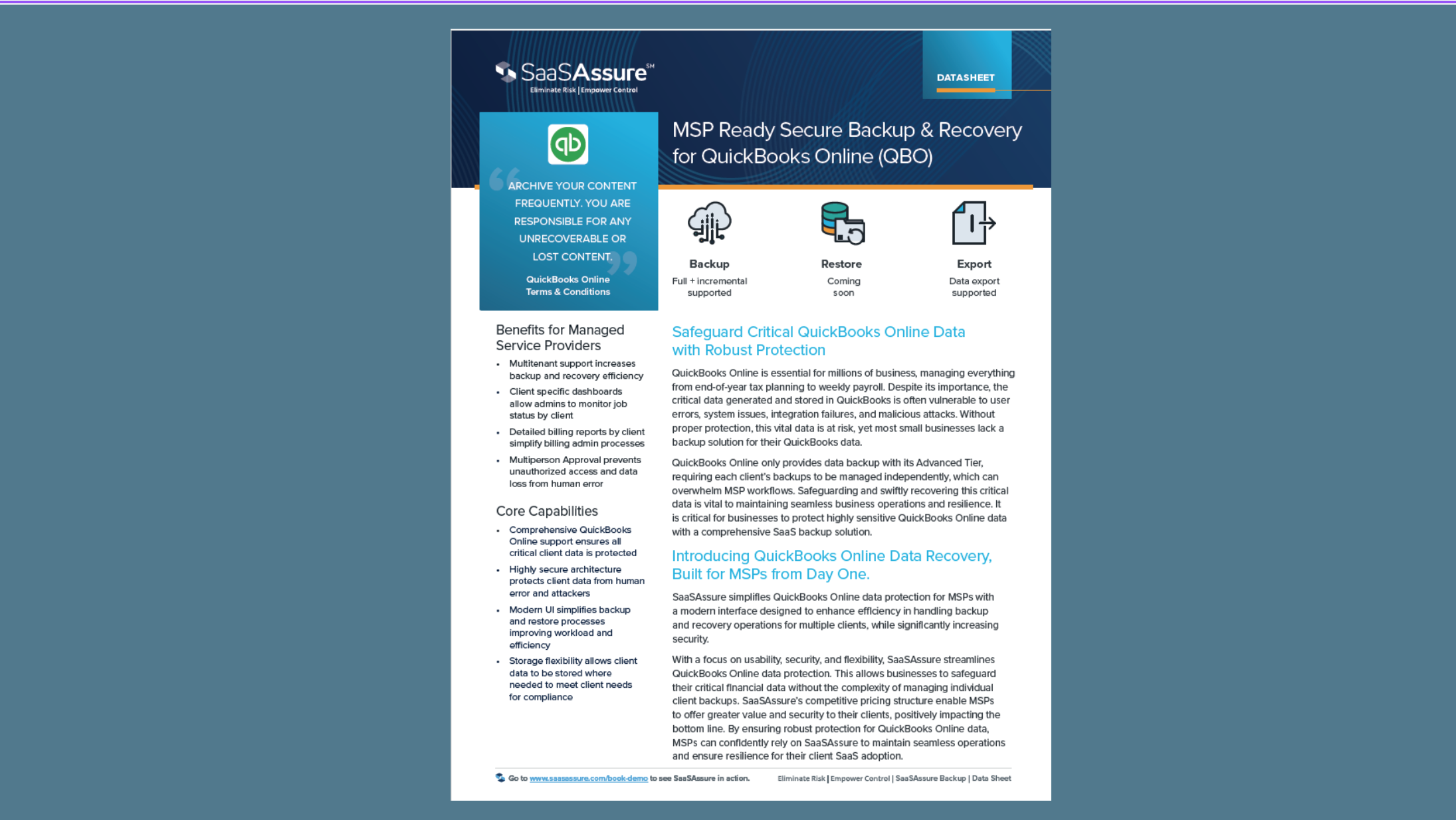MSP360, the vendor known as CloudBerry Lab until last summer, is planning to introduce a new partner education tool, free endpoint management scripts, and a unified billing option that rolls third-party storage together with its own licensing fees later this year.
All three offerings are interim measures in the vendor’s longer-term journey past its roots in backup and file management toward delivering a wider set of tools for managed service providers.
The new education resource, called MSP University and due to launch between the end of the first quarter and the middle of the second one, is designed to help newcomers to the managed services business model enhance their processes for generating leads and closing deals. Though the average MSP360 user has 200 to 500 endpoints under management, according to CEO Brian Helwig, many partners just getting a practice started are overseeing 10 or 20 endpoints instead.
“After they’ve got their first couple customers and they’re off the ground and running, their biggest challenges are sales and marketing,” says Helwig.
Available free of charge, MSP University provides instruction on topics such as conducting an email drip campaign, doing geographically targeted prospecting via Google AdWords, hiring a first salesperson, and designing an effective sales compensation scheme.
Those are the kinds of issues MSPs with just a first few customers tend to struggle with, according to Helwig, who notes that trying to sell such companies more software while they figure it out is usually a waste of time.
“That’s not the right conversation,” he says. “The right conversation is how can we help you grow your business? Forget about us. What kind of tools can we give you free that give you a good foundation out of the gate to start to build on top of?”
In time, Helwig continues, nurturing partners in that manner pays off. “The more effective they become, the bigger they become,” he says, and the bigger they become the more services they buy.
The free endpoint management scripts MSP360 has created, which are written in Microsoft’s PowerShell scripting language, are designed to serve a similar function. Brand new MSPs with little recurring revenue, Helwig says, are often hesitant to invest in an RMM solution. Installing the PowerShell scripts instead lets such companies at least receive notification when someone disables a firewall, turns off Windows Update, or shuts down the Windows Defender antivirus system until they’re ready to buy a full-blown remote management system.
Coming soon as well from MSP360 is the first of what will eventually be a series of purchasing options that combine licensing for MSP360 backup software with storage in a third-party cloud. At present, partners must buy storage space from the provider of their choice independently.
“We’ve heard from a lot of managed service providers that some of them would just like to have everything put into one bill,” Helwig says, adding that MSP360 will add no markup to what the cloud vendor charges.
“You’re not going to come to MSP360 and pay $5 a terabyte, for example, and then go directly to Wasabi and pay four,” he says.
Wasabi will in fact be the first storage vendor to sell capacity through MSP360, starting late this quarter or early the next one. That subscription will initially be offered through an early adopter program, with general availability to follow in mid to late Q2. Agreements with additional providers are being carefully negotiated at present, according to Helwig.
“We have some unique requirements,” he says.
For example, MSP360 insists that anyone who subscribes to a unified billing offer have the right to backup whatever kind of data they choose without limitation, take data with them if they cancel their subscription, and switch back to two separate bills anytime they want.
In development currently as well, and due to reach market later this year, is a new, more flexible billing system that will let MSPs charge different rates for different recovery time commitments.†
“Rather than charging based on backup and the actual footprint, I imagine being able to look at your customers and say, ‘hey, if you want to have data available to you right away, it’s going to be this cost. If you’re OK with it being three to four hours to restore, it’s going to be this cost. But if it’s OK for 24 hours to restore, it’s going to be this cost,'” Helwig says. Partners will also have the option to charge variably for active-active and slower active-passive recovery services.
Longer term, Helwig and his team are thinking well beyond backup. The company adopted its new name last August in a bid to emphasize both that MSPs are its core market and that it aspires to provide a wide range of the technologies MSPs need to be successful. Helwig declines to specify which technologies the company has in mind, except to say that it will be expansive and integrated.
“You’ll see MSP360 evolve into a full-fledged platform over the next 12 months that we think is really going to allow managed service providers to stop having to snap together different solutions to get a full end-to-end operational package,” he says.
At present, MSP360 partners support some 430,000 endpoints worldwide and protect just under an exabyte of data.†
MSP360 introduced a freeware remote control solution for Apple devices last December.













